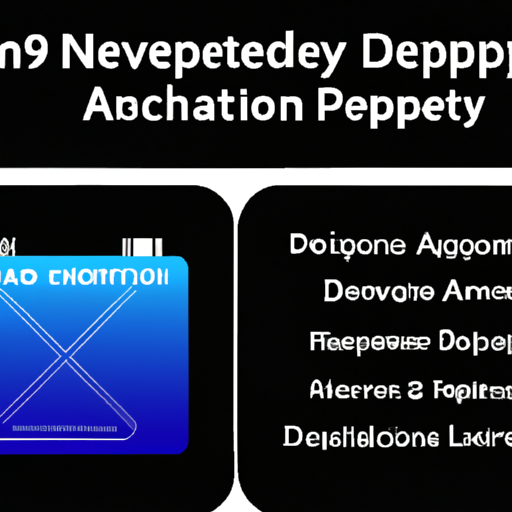Certainly! Rechargeable batteries, or secondary batteries, are pivotal in modern energy storage and power supply systems. Below is a detailed overview of core functional technologies, key articles, and application development cases that illustrate the effectiveness of rechargeable batteries.
Core Functional Technologies
| 1. Lithium-Ion Batteries (Li-ion) |
| 2. Nickel-Metal Hydride Batteries (NiMH) |
| 3. Lead-Acid Batteries |
| 4. Solid-State Batteries |
| 5. Flow Batteries |
| 1. "Advancements in Lithium-Ion Battery Technology" |
| 2. "The Future of Solid-State Batteries" |
| 3. "Comparative Analysis of Rechargeable Battery Technologies" |
| 4. "The Role of Batteries in Renewable Energy Systems" |
| 1. Electric Vehicles (EVs) |
| 2. Grid Energy Storage |
| 3. Consumer Electronics |
| 4. Renewable Energy Integration |
| 5. Medical Devices |
Key Articles and Research
Application Development Cases
Conclusion
Rechargeable batteries are at the forefront of energy storage technology, with continuous advancements enhancing their effectiveness across various applications. From electric vehicles to renewable energy systems, innovations in materials and technologies are driving improvements in performance, safety, and sustainability. As the demand for energy storage solutions increases, the significance of rechargeable batteries will continue to grow, shaping the future of energy consumption and management.













